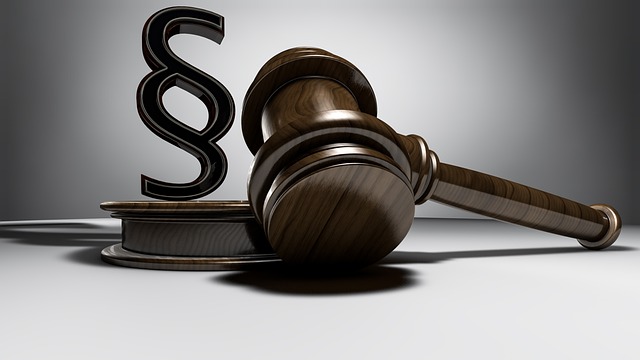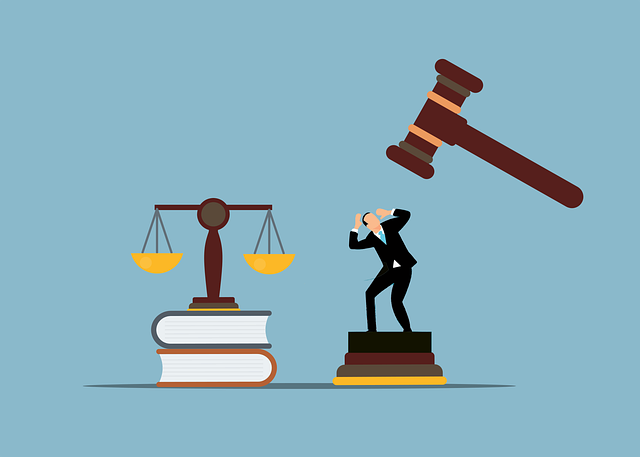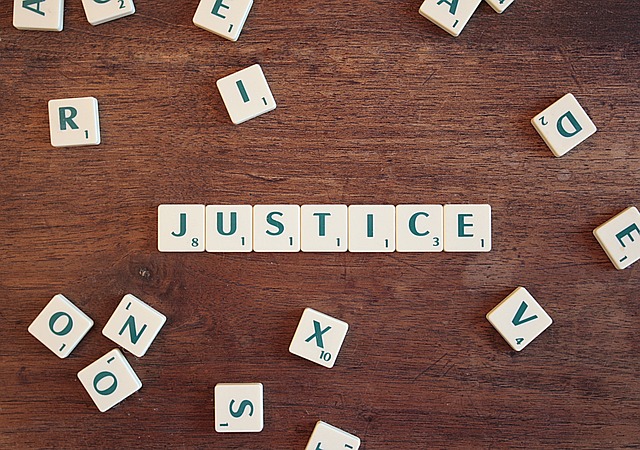In Marion County, access to quality and equitable legal representation is vital for achieving justice. Despite progress, disparities exist, especially for low-income individuals who struggle to secure competent attorneys due to resource scarcity, court congestion, and limited specialized services. This leads to unfair trials, unjust convictions, and long-term negative impacts on lives and opportunities. Community organizations play a critical role in filling these gaps by offering pro bono services and partnerships with nonprofits. Long-term solutions include strengthening public defender offices and fostering collaboration between public defenders and community legal aid groups to ensure all residents receive competent legal counsel regardless of socioeconomic status.
In the pursuit of justice, advocating for fair treatment in criminal defense cases is paramount. This comprehensive guide delves into the critical role of equitable legal representation, particularly in Marion County, where disparities persist. We explore the profound impact of fair treatment on affected communities and dissect the current state of legal aid. By identifying inequities within the criminal justice system, we empower change advocates with strategies for systemic reform, highlighting community organizations and pro bono services as catalysts for progress.
- Understanding the Impact of Fair Treatment in Criminal Defense
- The Current State of Legal Representation in Marion County
- Identifying Inequities in the Criminal Justice System
- Strategies for Advocating Change: A Step-by-Step Guide
- The Role of Community Organizations and Pro Bono Services
- Long-Term Solutions for Ensuring Equal Legal Access
Understanding the Impact of Fair Treatment in Criminal Defense
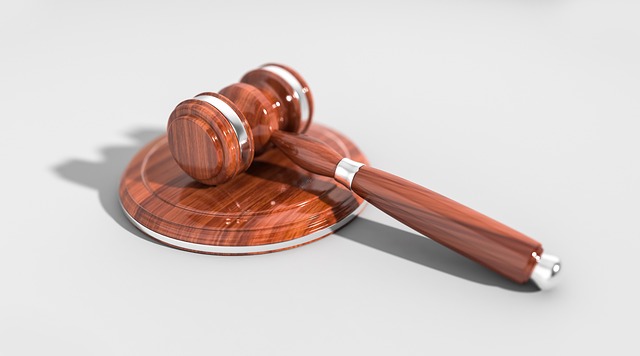
In the pursuit of justice, understanding the impact of fair treatment in criminal defense cases is paramount, especially in areas like Marion County where access to quality legal representation can significantly sway outcomes. Each individual, regardless of their background or circumstances, deserves a robust defense that ensures their rights are protected and evidence is fairly evaluated. Fair treatment doesn’t merely guarantee a level playing field; it ensures that the justice system functions as a safeguard against arbitrary or discriminatory decisions.
When Marion County residents receive equitable legal representation, they are more likely to benefit from thorough investigations, effective advocacy, and a deeper understanding of their rights. This, in turn, can lead to better outcomes in court, including reduced sentences or even acquittals for those wrongly accused. Equitable treatment also fosters public trust in the criminal justice system, which is essential for maintaining social cohesion and ensuring that everyone feels heard and respected within the legal process.
The Current State of Legal Representation in Marion County
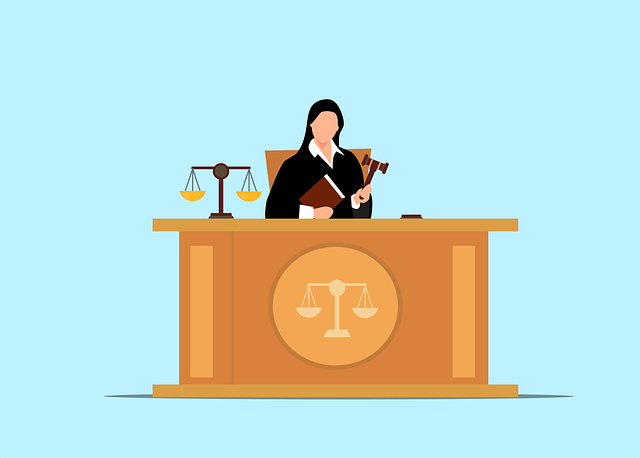
In Marion County, access to adequate legal representation in criminal defense cases remains a significant concern. While progress has been made, many individuals still face challenges securing experienced and competent attorneys. The current system often results in overburdened public defenders who, due to caseloads, may not be able to provide the level of service necessary for fair trials. This situation is particularly problematic for those charged with serious offenses, where complex legal strategies and thorough investigations are crucial.
The consequences of inadequate legal representation are far-reaching. Convictions may be unjustly obtained, leading to lengthy prison sentences and permanent records that impact future opportunities. Thus, ensuring robust and equitable Marion County legal representation is paramount to upholding the principles of justice and fairness within the criminal justice system.
Identifying Inequities in the Criminal Justice System
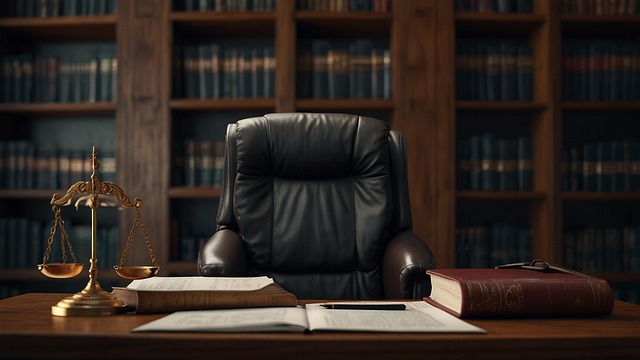
In any criminal justice system, ensuring fair treatment for all defendants is paramount. However, inequities often persist, especially when it comes to access to quality legal representation. In Marion County, for instance, disparities in legal representation can significantly impact outcomes for accused individuals, particularly those from marginalized communities. Many low-income defendants face barriers to securing competent counsel, leading to potential violations of their constitutional rights.
These inequities may manifest as a lack of resources for public defenders, overburdened courts, and limited access to specialized legal services. Addressing these issues requires a multifaceted approach involving legislative reforms, increased funding for indigent defense, and community outreach to raise awareness about the importance of Marion County legal representation in ensuring fairness throughout the criminal justice process.
Strategies for Advocating Change: A Step-by-Step Guide
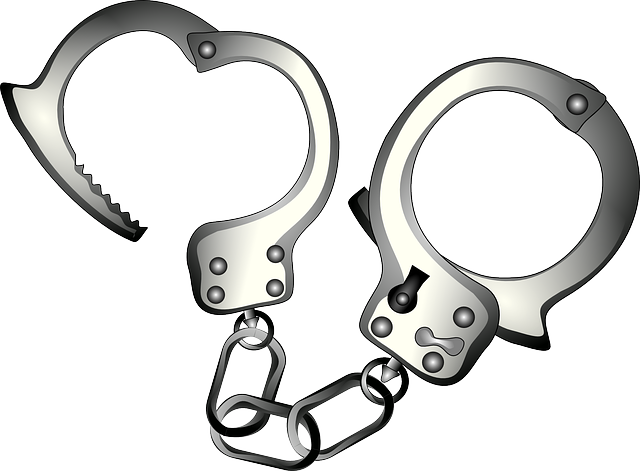
Advocating for change in criminal defense begins with a strategic approach. First, marion county legal representation should involve thorough research on existing laws and policies that may be contributing to inequities. This includes understanding systemic biases and their impact on marginalized communities. Next, build coalitions with other advocates, organizations, and community leaders who share your goals. Collaboration amplifies your voice and increases the potential for policy reforms.
Once informed and connected, take direct action. Engage in public education campaigns to raise awareness about the issues. Organize or participate in peaceful protests and rallies to bring attention to the need for change. Additionally, reach out to local representatives and legislators, demanding they prioritize fair treatment in criminal defense policies and allocate resources accordingly. This multi-pronged approach ensures a robust push for positive transformation within Marion County legal representation.
The Role of Community Organizations and Pro Bono Services
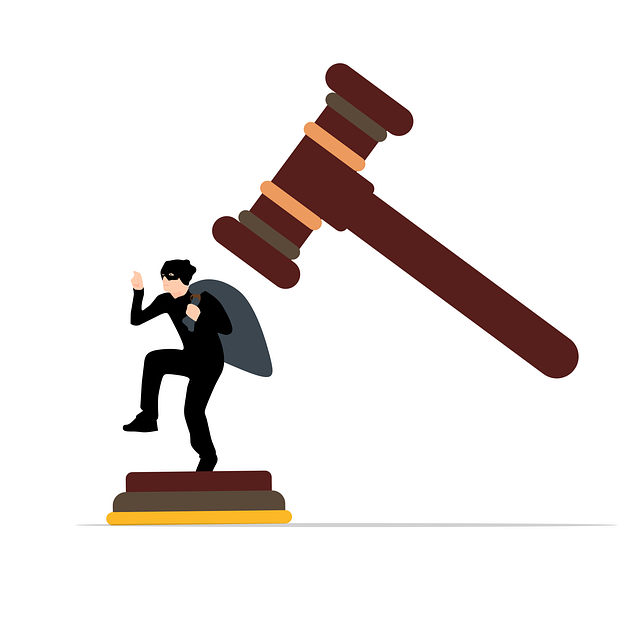
Community organizations play a vital role in ensuring fair treatment in criminal defense cases, especially in areas like Marion County where access to quality legal representation can be challenging. These groups often provide pro bono services, offering their time and expertise to support individuals who cannot afford adequate legal counsel. By partnering with local nonprofits and legal aid societies, communities can create a safety net for those facing criminal charges, ensuring they receive the same level of defense as those with financial resources.
The presence of these organizations serves as a game-changer in Marion County, where many residents may otherwise face an uphill battle in securing their rights. They fill critical gaps in legal services, providing assistance not only in court but also through outreach programs that educate the community about their rights and available resources. This collaborative effort not only improves outcomes for individuals involved in criminal cases but also fosters a fairer and more just society as a whole.
Long-Term Solutions for Ensuring Equal Legal Access
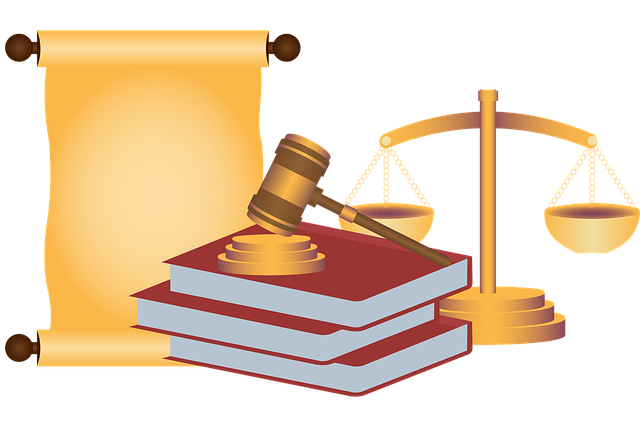
Ensuring equal legal access in criminal defense is a multifaceted challenge that requires long-term strategies. In Marion County, one sustainable solution lies in strengthening public defender offices. Investing in these offices by hiring and retaining qualified attorneys can significantly improve the quality of legal representation for indigent defendants. This includes providing adequate resources, training, and support to public defenders, enabling them to offer robust defenses tailored to each client’s unique needs.
Additionally, community-based legal aid organizations play a crucial role in filling gaps left by limited public defender resources. Expanding access to these non-profit services can help bridge the disparity in legal representation, especially for marginalized communities within Marion County. By fostering partnerships between public defenders and community legal aid groups, there’s potential to create a more equitable system where all individuals, regardless of socioeconomic status, have the chance to receive competent legal counsel.
